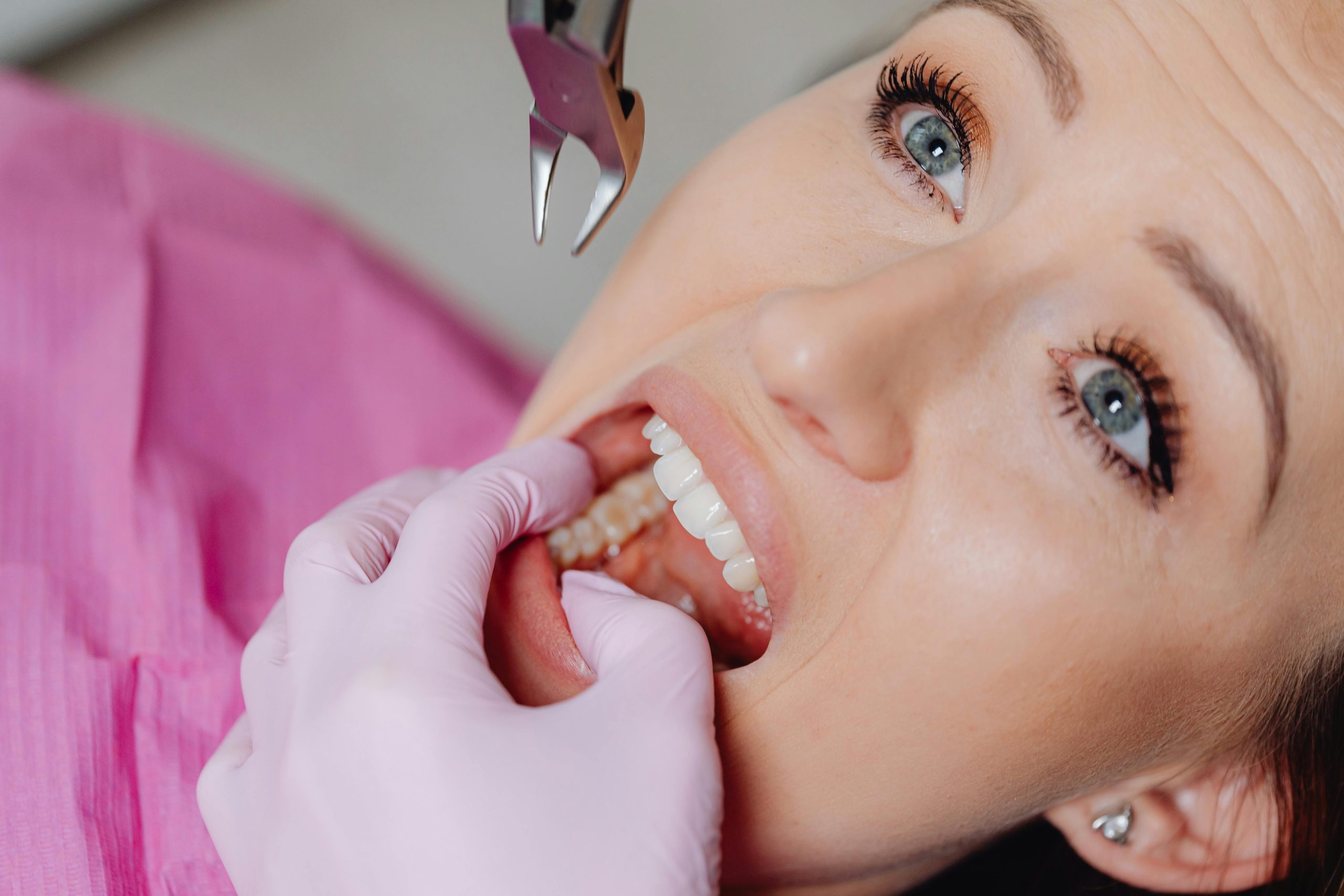For many people, the thought of visiting the dentist can trigger intense anxiety. Whether it’s the fear of pain, the sound of dental tools, or past negative experiences, dental anxiety is a common issue that prevents individuals from getting the oral care they need. However, avoiding the dentist can lead to more serious dental problems down the line. The good news is that there are proven strategies to help you overcome dental anxiety and feel more relaxed during your next appointment. Here’s how you can take control of your fears and make your dental visits a stress-free experience.
Understand the Root of Your Dental Anxiety
Before you can effectively manage dental anxiety, it’s important to identify what specifically triggers your fear. Common causes include:
- Fear of pain: Many people associate dental visits with discomfort, even though modern dentistry is much gentler than in the past.
- Loss of control: Sitting in the dental chair can make some feel vulnerable or helpless.
- Embarrassment: Concerns about the condition of your teeth or bad breath can add to anxiety.
- Past traumatic experiences: Negative memories from previous dental visits can linger and create lasting fear.
Once you pinpoint the source of your anxiety, you can work with your dentist to address it directly. Open communication is key—let your dental team know about your fears so they can tailor their approach to make you feel more comfortable.
Practice Relaxation Techniques Before and During Your Appointment
Relaxation techniques can significantly reduce anxiety levels. Here are some effective methods to try:
Deep Breathing Exercises
Slow, controlled breathing helps calm the nervous system. Try inhaling deeply through your nose for four seconds, holding your breath for four seconds, and exhaling slowly through your mouth for six seconds. Repeat this cycle several times before and during your appointment.
Progressive Muscle Relaxation
This technique involves tensing and then relaxing different muscle groups to release physical tension. Start with your toes and work your way up to your head, holding each muscle group tense for a few seconds before relaxing.
Guided Imagery or Meditation
Visualizing a peaceful place—such as a beach or a quiet forest—can distract your mind from the dental procedure. Consider using a meditation app or listening to calming music with headphones during your visit.
Choose a Dentist Who Specializes in Anxiety Management
Not all dentists are the same when it comes to handling anxious patients. Look for a dental practice that emphasizes patient comfort and offers solutions for anxiety, such as:
- Sedation dentistry: Options like nitrous oxide (laughing gas), oral sedatives, or IV sedation can help you relax during procedures.
- Gentle dentistry techniques: Some dentists use quieter tools or explain each step of the process to minimize surprises.
- Comfort amenities: Practices that offer blankets, noise-canceling headphones, or calming decor can make a big difference.
Don’t hesitate to schedule a consultation before your appointment to discuss your concerns and evaluate whether the dentist is a good fit for your needs.
Bring a Support System and Use Distractions
Having a trusted friend or family member accompany you to your appointment can provide emotional comfort. Many dental offices allow a companion to sit with you during procedures if it helps ease your anxiety.
Distractions are another powerful tool. Consider:
- Watching a show or movie on a tablet (with headphones).
- Listening to a podcast or audiobook.
- Squeezing a stress ball or fidget toy to keep your hands occupied.
These small distractions can shift your focus away from the dental work and make the time pass more quickly.
Start with Small, Non-Invasive Appointments
If your anxiety is severe, consider scheduling a simple check-up or cleaning first rather than jumping into a major procedure. This allows you to build trust with your dentist and become familiar with the environment without the pressure of a lengthy treatment.
Ask your dentist if you can agree on a signal—like raising your hand—to pause the procedure if you need a break. Knowing you have control over the situation can make a big difference in reducing fear.
Conclusion
Dental anxiety doesn’t have to keep you from maintaining a healthy smile. By understanding your fears, practicing relaxation techniques, choosing the right dentist, and using distractions, you can transform your dental visits into a more manageable—and even pleasant—experience. Remember, your dental team is there to help, not judge. With these strategies, you’ll be well on your way to overcoming dental anxiety and ensuring your oral health stays on track.
